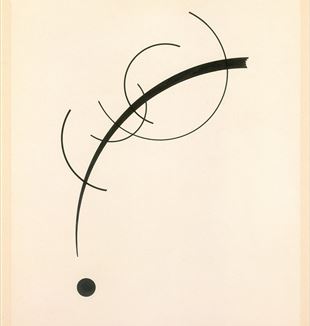
Teaching in Indiana: Discovery of Unity
Before encountering the Movement, this law professor at the University of Notre Dame, in the United States, felt as if his life were divided, his faith on one side and his daily life on the other. “What most struck me was seeing all of life as vocation.”For many years before my involvement in the Movement, I had studied and practiced law and taught in the university; I had a beautiful marriage and a joyful family life; I had always had friends around me; and I was immersed in the Church through study, prayer, and service. Yet, a separation between these various aspects of reality left me yearning for something more, for a life of intensity in all things together, not as distinct spheres of my life. In particular, the life of faith seemed “other,” separated from the materiality of my work, my family, my humanity. When I encountered the charism of CL (or, more accurately, re-encountered, because the seed had been planted many years earlier as a student but took almost 15 years to germinate), what most struck me from the start was the way that Father Giussani taught me to see all of life as vocation–not to seek a calling outside of the substance of my ordinary days, but to see life itself, all of life, as vocation.
As I have grown in this way of perceiving my life, instead of understanding the religious element to be somehow superimposed over or added to everything else, the presence of Christ has come to coincide entirely with everything, with work, with my family, my friends, down to the smallest details. In this way, my attraction to the charism of CL has become for me the gift of a unified life, a heightened consciousness of and passion for the taste and substance of the reality that is given to me in every moment, a reason to give myself completely in everything.
Among the many fruits of this vitality has been a new and deeper grasp of the meaning of my work. I have begun to understand what the ancient Institutes of Justinian meant in teaching this: “There is little point in knowing the law if one knows nothing about the persons for whom law exists.” To be committed to the human person–not as an abstraction but for a present reality, a flesh whose dignity exists in the depths of our desires for happiness and freedom and eternity with which we have been created–is the subject of the law and of my study and writing and teaching. The discovery of my own humanity gives me the impetus to dig deeper into the questions I face regarding fundamental human rights or those involving the integrity and freedom of different cultures in the international community. In the classroom, I understand better that my teaching is not just a matter of imparting a technical skill, but sharing in the life of my students and encouraging in them a desire for eternity. Sometimes in my lessons I can’t help stopping and saying to my students, “Open your eyes and ears, because what we are doing here is about nothing less than the mystery and meaning and destiny of your life, and your life is great and beautiful!”
I look on them with a father’s affection and longing for their happiness that I could never have arrived at, let alone sustained, by myself. It comes from Another, from an encounter with Christ sustained by my belonging to a companionship of people whose faces recreate me every day. Most of all, it comes from returning home to embrace my wife and my children. There, I know most acutely my need for mercy and for tenderness. There, I experience most intensely my desire to be present to them completely. There, I find the fountain of hope that gives me reason to live each day again despite every error and all the moments of forgetfulness. There, I see most clearly that I am changed. It is not that the life of the Movement has had an effect on my work merely as work. It has had an impact on my work precisely by making my work an inseparable part of the experience of a unity of life lived in the presence of Christ. And so I have come to follow, as a son, that gaze that Father Giussani has, the Face that he never tires of speaking to us about, so that my life can be a whole, so I can be a father and a husband and a teacher and scholar and a friend–in short, I can be fully a man.